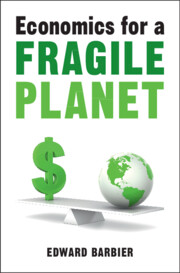John D and Catherine T MacArthur Foundation
Program on Global Security and Sustainability
Initiative on Population, Consumption and the Environment: Demographic and Economic Factors Determining Coastal Land Conversion into Commercial Shrimp Farms, Thailand.
Project Overview
The project examined the role of migration and government policies in influencing the conversion of coastal resources to shrimp farms in Thailand. The study focused both on the incentives of incoming migrants to convert coastal resources to shrimp farms as well as the incentives of local populations to conserve these resources. The project looked at the impacts on both local uses of the mangrove systems and other coastal resources, as well as the impacts of mangrove deforestation on offshore fisheries. The role of specific government policies, such as the current ban on shrimp farming in rice and fruit growing areas was also examined. This will provide an indication of any potential threats from a return of shrimp farming to coastal mangrove forests if the ban is effective. Institutional factors, such as property rights over coastal resources and mangrove systems will also be considered. In particular, the project will help to understand the local communities' incentives to protect mangroves in order to strengthen their capacities
Available at Edward Algar Publishing. Barbier, E.B. and S. Sathirathai (eds.), 2004, Shrimp Farming and Mangrove Loss in Thailand. Edward Elgar Publishing, London, 278 pp

